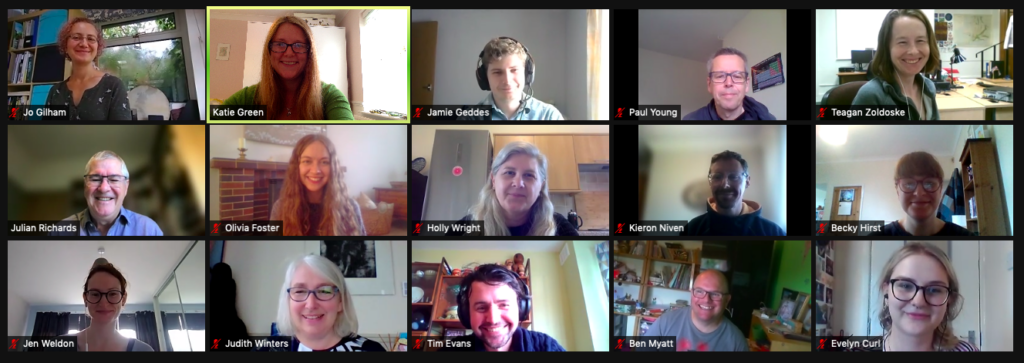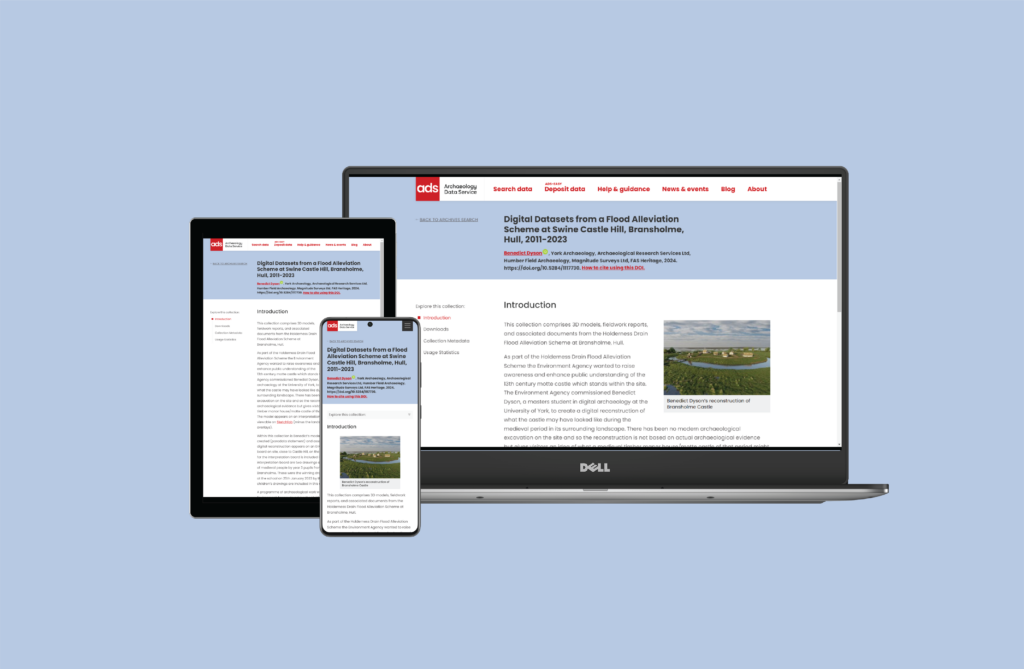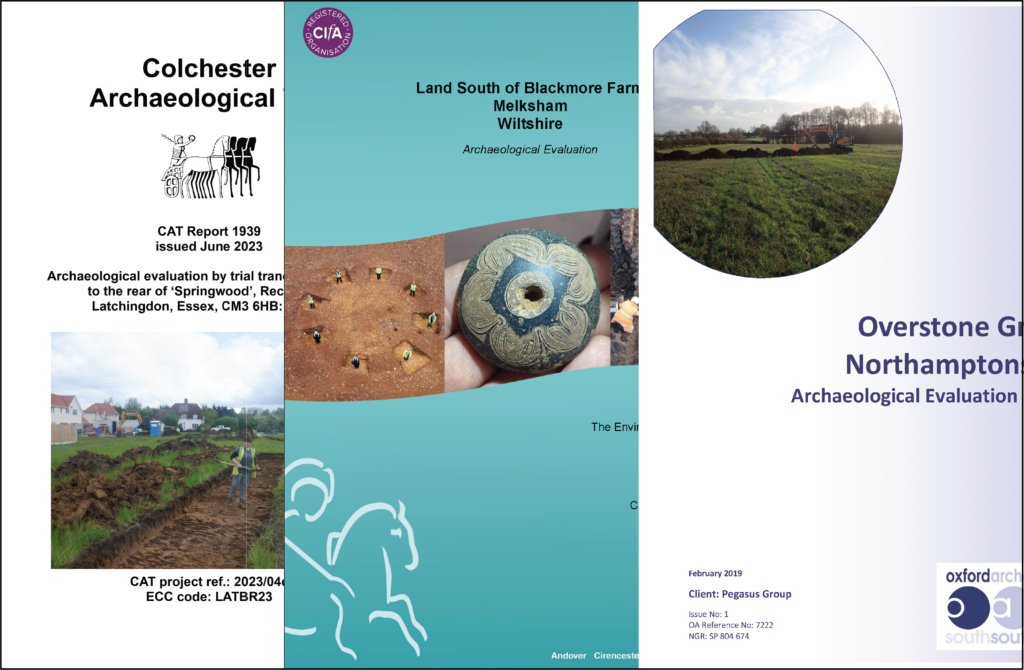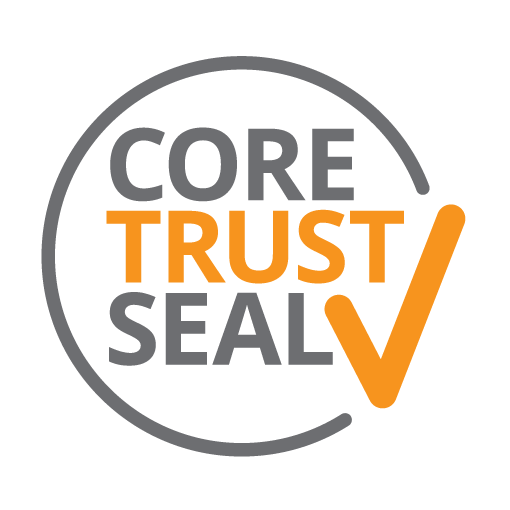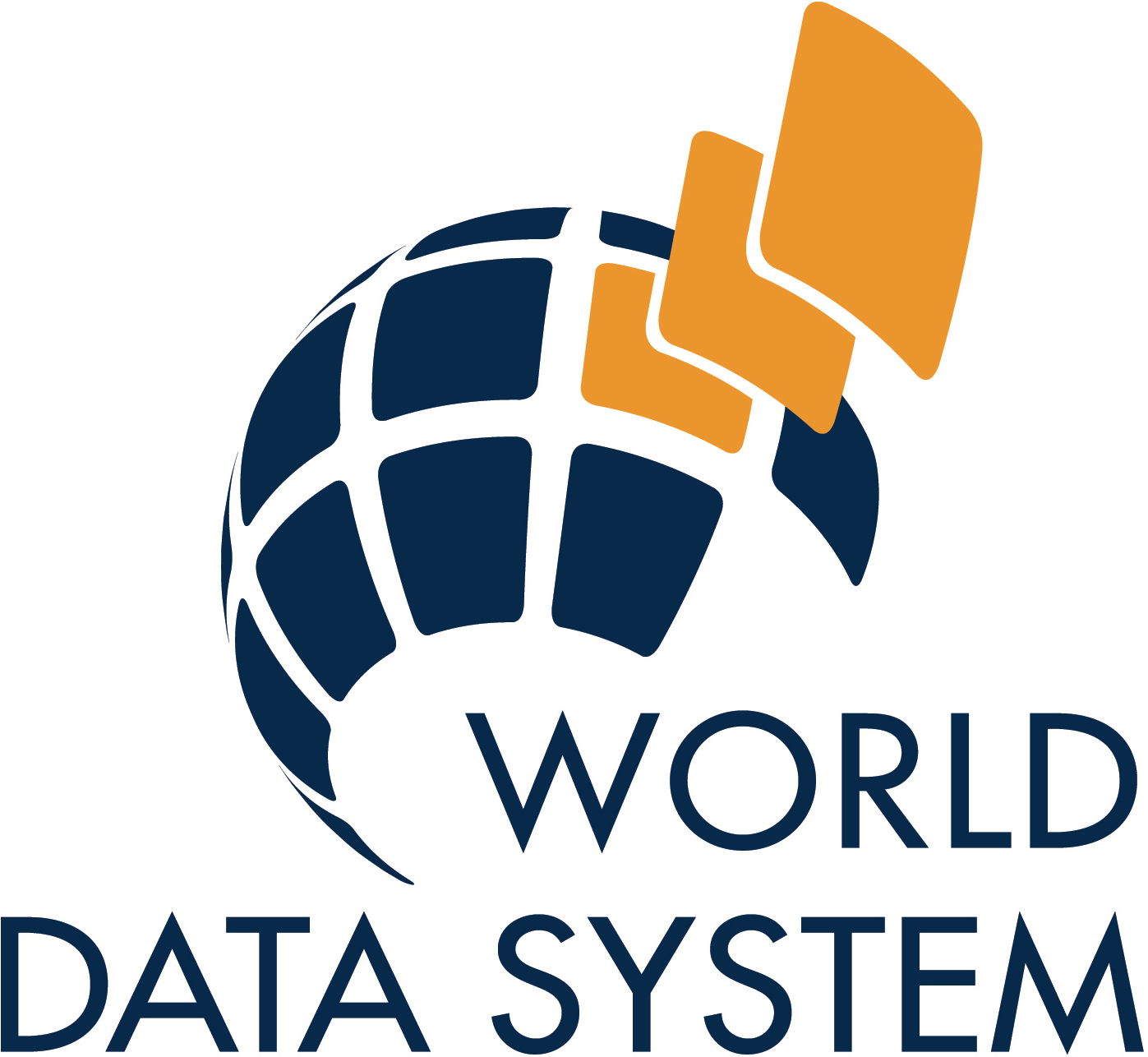Some readers will have seen two new job adverts for working at the ADS, and so I thought it would be useful to provide a general overview of these roles and a general update of staffing across the organisation.
Goodbyes and Hello’s
In December we said goodbye to two ADS stalwarts: Donna Page the ADS Administrator, and Ray Moore (Digital Archivist, latterly Archives Manager). Donna and Ray were great friends to all at the ADS, and between them contributed immensely to the organisation. Due to COVID restrictions we had to settle on a virtual farewell party, which included many familiar faces from ADS history who stopped by to wish them both well for the future.
More recently we’ve said hello to Ben Myatt, a Finance Assistant within the Department of Archaeology who performs all our financial services. We’ve also been able to appoint existing member of staff Olivia Foster to the new role of Digital Archives Officer, with a focus on working on all the site-based archives coming from commercial archaeology, but also expanding her skills into more specialised collections. Finally, we’ve appointed a new Digital Archives Assistant, Jamie Geddes, who is fast getting to grips with the fundamental ADS workflows and digital archives.
While this has been happening, we’ve had exciting news. ADS have secured a contract with HS2 to deliver a state-of-the-art digital archives service for all archaeological fieldwork from the scheme. This allows us to increase our staffing capacity to meet the increase in archives and expected user support.
Digital Archives Assistant
This role (abbreviated to DAA) is designed as an entry level position at the ADS for those interested in working in the field of digital archives. The bulk of the role will be focussed on learning how to process archives generated from archaeological fieldwork in the UK, for example https://doi.org/10.5284/1084979. A basic knowledge of archaeology is thus desirable, as the role will deal with the outputs from fieldwork and it’s documentation via metadata. That being said, as an entry level role all aspects of the role starting at “why”, through to “how” will be covered in training and ongoing support. Users from a more broad digital preservation background are also encouraged to apply, but for those new to the concept external training and support is always available.
The most essential aspect of the role is being comfortable working with IT. Everything we do is digital! This includes being comfortable working with a range of software applications, solid understanding of IT best practice (password management etc). The immediate role does not require any coding background, as most routine tasks and web pages are performed by existing tools and templates. However a background or interest in coding, database management or some other technical facet is always a good thing!
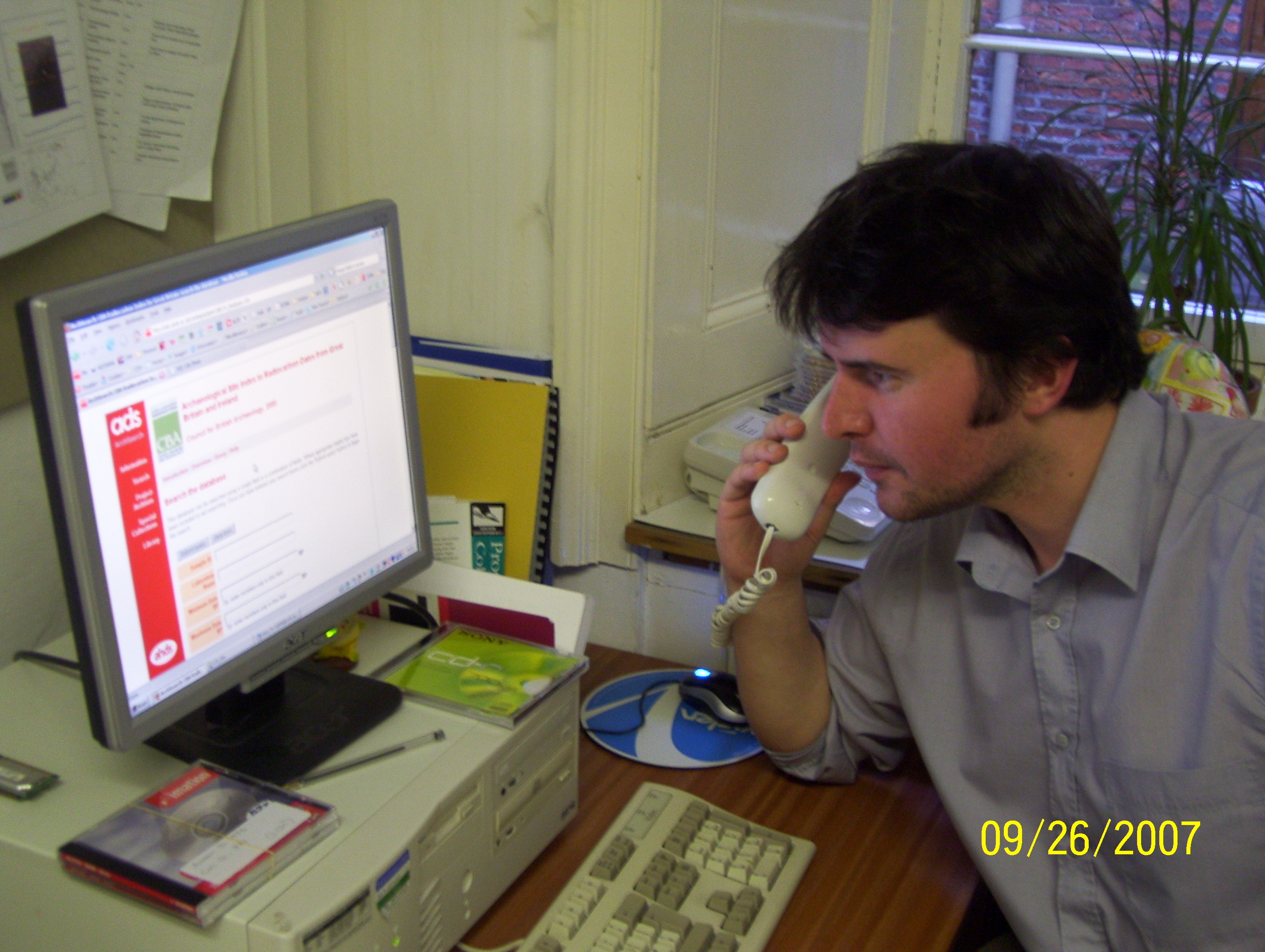
User Support Assistant
This is an entirely new role at the ADS focussed exclusively on helping our users. Lots of people use the ADS website for all manner of research, and quite often they have questions! Conversely, a lot of people need to deposit data with us, and if unfamiliar with our workflows and requirements sometimes need someone on hand to point them in the right direction, and in a timely manner. For commercial enquiries, the role will also generate routine costs using an existing application and workflow.
Although there’s a lot to know about the ADS which at first may appear daunting, the role will be supported to ensure the applicant is trained in ‘who we are and what we do’. The role will also be guided on where to escalate an issue to a member of the management or technical team. The essential aspect of this role will be an ability to deal professionally with a wide range of users including commercial clients, academics, and interested members of the public. Some questions we get asked are quite esoteric! So being able to look up information, think independently, but also know where to escalate an issue are very important. As you’ll also be supporting our Collections Development Manager in developing costings and administration, attention to detail and being able to process information in common software tools (e.g. spreadsheets) is required.
Working at the ADS
We’re a relatively small team, but slowly building capacity to deal with an increase in archives deposited with us. Normally we work in beautiful King’s Manor in York, but at the moment most staff are working remotely in compliance with University-wide restrictions. This is expected to continue for the foreseeable future, so expect to work remotely at first but with a (virtual) mentor and wider support to ensure you’re never on your own. When things return to ‘normal’, we run a flexible working policy (with home working) but there is a requirement that all staff have the ability to work at least some of their time from our offices in York.
Aside from the logistics, we’re a fairly relaxed bunch! Most of us are archaeologists in some shape or form (Julian, our Director, still does fieldwork), however others have crossed over from varied career paths including IT. Although obviously very IT-focussed, we like to think we don’t meet the stereotypical image. There’s a good mix of backgrounds, abilities, ages, and interests, and we’re always keen to welcome new members and fresh perspectives. What we all have in common is a passion for what we do, and the ability to work as a close team in a supportive collegiate environment. We also do research, and everyone is encouraged to develop portfolios of work, get involved in ongoing ADS research, and where appropriate co-author papers and presentations. We always support staff development, with various directions your professional role could grow – from working with archives policy, digital preservation specialisation, metadata and curatorial practice, or application development. From my own experience, I arrived here on a one year contract in 2006, and have since completed a PhD, written articles on all manner of things, and now have oversight of the whole organisation. It is genuinely a great place to work, so if you are reading, and any of this has piqued your interest, please apply!

